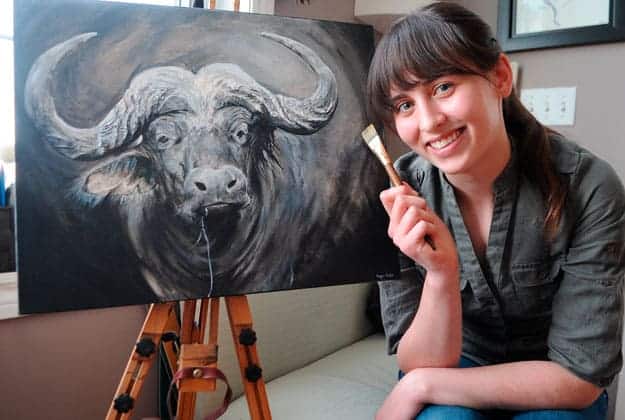When an actor spends a lot of time with a character – as Rod Beattie has with Walt Wingfield, the Ontario farmer who has evolved over seven plays and 1,000-plus performances – the character can become so vivid the actor can be forgiven for regarding him as another person. As Beattie prepares for a revival of Wingfield’s Folly, his signature character’s third adventure, he reflects on a time when this 1990 play seemed like the character’s last stand. Despite being a fictional character, it seems Wingfield disagreed.
![In 1985, Rod Beattie took on the role of farmer Walt Wingfield for the first time. Twenty-eight years and six more plays later, it has become his most famous character.[submitted]](https://www.observerxtra.com/content/images/wp-content/uploads/2013/06/arts.jpg)
“We may have thought it was over but the characters didn’t,” explains Beattie from Stratford, where he has performed in some 15 seasons. “Their lives acquired other stories and other things to deal with, and more modern issues. There’s an Irish poet that said that he never wrote until a poem grasped him by the scruff of the neck, sat him down and said, ‘Write me.’ It was a real sense of the fourth play doing that to us.”
The creative team of Rod Beattie, director Douglas Beattie, and playwright Dan Needles first evoked their Canadian everyman in 1985’s Letter from Wingfield Farm, in which a big-city businessman buys a farm in a small Ontario town, and changes his life. Six more plays have followed, all the way up to 2009’s Wingfield Lost and Found, each chronicling a year in Wingfield’s life, with all the trials and triumphs of farm living.
Wingfield’s Folly, which sees Walt considering a move back to the city after two financially unsuccessful years, was originally intended to close out a trilogy, bringing the farmer to his lowest ebb before striking a financial breakthrough and finding love. But somehow, Wingfield and his fictional home of Persephone Township had a greater pull on the creative team than anticipated.
“We like to surprise the audience, but we also like to give them a sense that they’re seeing old friends,” says Beattie. “I think a great deal of the appeal of Wingfield is the audience wants to know what happens to all of them – to Maggie and Freddy and the nephews and the animals. I always feel that if it’s worked properly with the audience, they have felt they’ve spent a couple of hours in a place that they like going to, and it’s a good place.”
Maggie, Freddy, and yes, even the animals are also played by Beattie, whose one-man-performances encompass six main characters and a host of supporting players. As with Wingfield, years with these characters have made them real to Beattie. “What seems to have happened is, I’ve gradually lost the sense of being by myself – I feel as if the others are there,” he says.
“If I have a bad cold, then Walt has a cold, nobody else has a cold. I remember once onstage, a scene between Walt and Don the dairy farmer. As Walt, I had this cough, and I was struggling not to cough but couldn’t. And when it was Don’s turn to speak, Don said, ‘You alright there Walt?’ No cough, no cold, nothing.”
Is there any possible metaphysical explanation for such an occurrence? “In a way, that’s how acting works,” Beattie says. “If you make the full commitment to the character you’re playing, you go partway to that identity. I feel like a different person.”
Beattie performs the whole Wingfield repertoire regularly across Ontario (his 2013-14 schedule can be found at wingfieldfarm.ca). Given how close Beattie remains to the character, could there be another Wingfield play on the horizon?
“We seem to have moved on to other projects for the time being, but we’ve said that before,” says Beattie. “We’ve never had to write a Wingfield play to a deadline. We’ve always had the luxury of being able to wait until one occurs to us. And it does that in different ways.”
Wingfield will head from Persephone Township to the Fergus Grand Theatre (244 St. Andrew St. W., Fergus) on June 14 and 15 at 8 p.m. Tickets are $35 and can be purchased by visiting fergusgrandtheatre.ca or by calling 519-843-4852.









